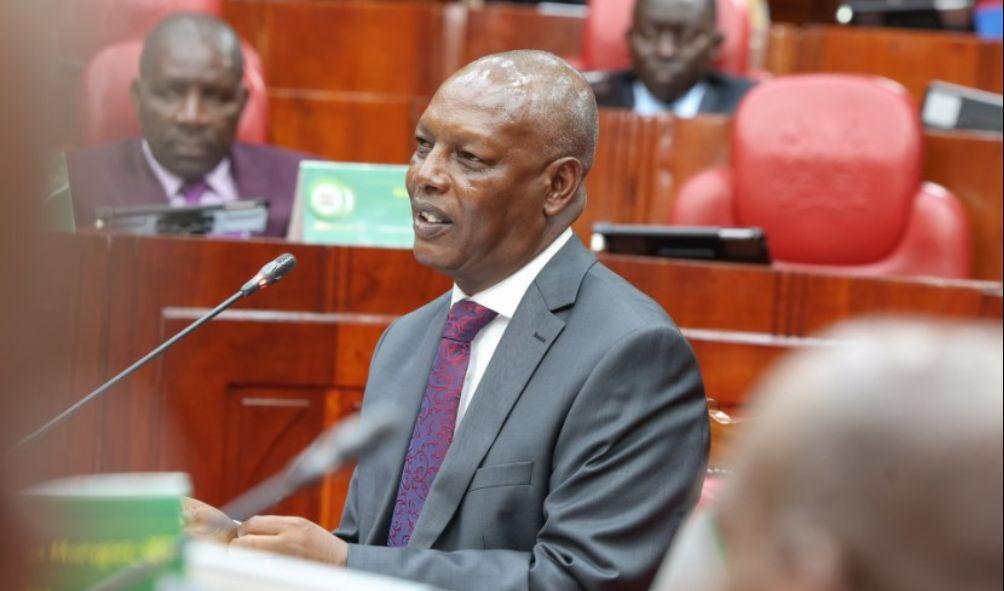Gov’t Unveils Vaccine Source for Livestock Rollout
The Kenyan government has reaffirmed the safety of vaccines slated for a comprehensive livestock immunization campaign set to launch in January 2025.
Andrew Karanja, Cabinet Secretary for Agriculture and Livestock Development, has called on farmers to fully support the initiative, assuring them of its reliability to achieve widespread success.
In response to public concerns, CS Karanja highlighted the locally manufactured vaccines’ proven safety and effectiveness. He explained that the campaign aims to standardize disease control measures, targeting illnesses such as foot-and-mouth disease and peste des petits ruminants (PPR).
“Inconsistent vaccination has been a challenge. When one county vaccinates while another doesn’t, livestock movement nullifies efforts and wastes resources,” Karanja noted. He reassured farmers that the vaccines, produced by the reputable Kenya Veterinary Vaccines Production Institute (KEVEVAPI), meet international standards and are trusted in regional markets like Uganda.
“These are tried-and-tested vaccines,” he said. “We are not importing unverified products for our animals.”
ALSO READ:
- Inside Job Exposed: Kenyan Prison Wardens Convicted for Orchestrating Daring Terrorist Escape
- Uganda Pulls the Plug: Nationwide Internet Blackout Ordered Days Before Crucial General Election
- African Elections Under the Spotlight as Zambia Turns to Kenya Ahead of 2026 Vote
- “Two Drug Barons in Cabinet?” Kenya Government Fires Back as Ex-Deputy President Sparks Explosive Drug Claims
- Kenyan Court Freezes Use of Private Lawyers by Government, Sparks Nationwide Legal Storm
President William Ruto has passionately defended the vaccination drive, emphasizing its critical role in improving livestock health and boosting Kenya’s meat export potential.
Speaking at the 4th Pastoralist Leadership Summit in Wajir County, the President dismissed opposition to the program as uninformed. “Those criticizing this initiative might not even own livestock. If you don’t have cattle, refrain from unnecessary commentary,” he asserted.
The vaccination program will cover 22 million cattle and 50 million goats and sheep, focusing on using locally produced vaccines to address disease outbreaks that limit Kenya’s access to global meat markets.
“For clarity, these vaccines are Kenyan-made. We even export some of them, underscoring our capacity to lead in livestock health solutions,” Ruto stated.
The President also pledged government support for pastoralists, tackling broader issues such as insecurity and drought. He announced plans to modernize police equipment and enhance drought mitigation measures in arid and semi-arid regions (ASALs).
Gov’t Unveils Vaccine Source for Livestock Rollout
